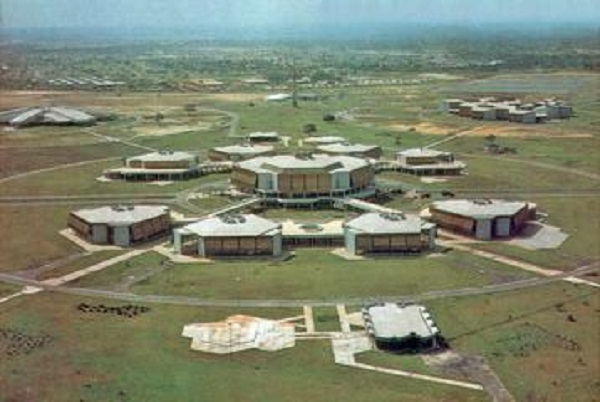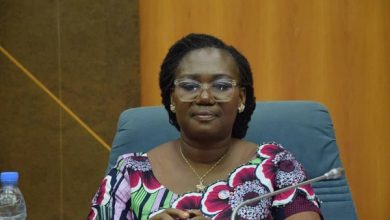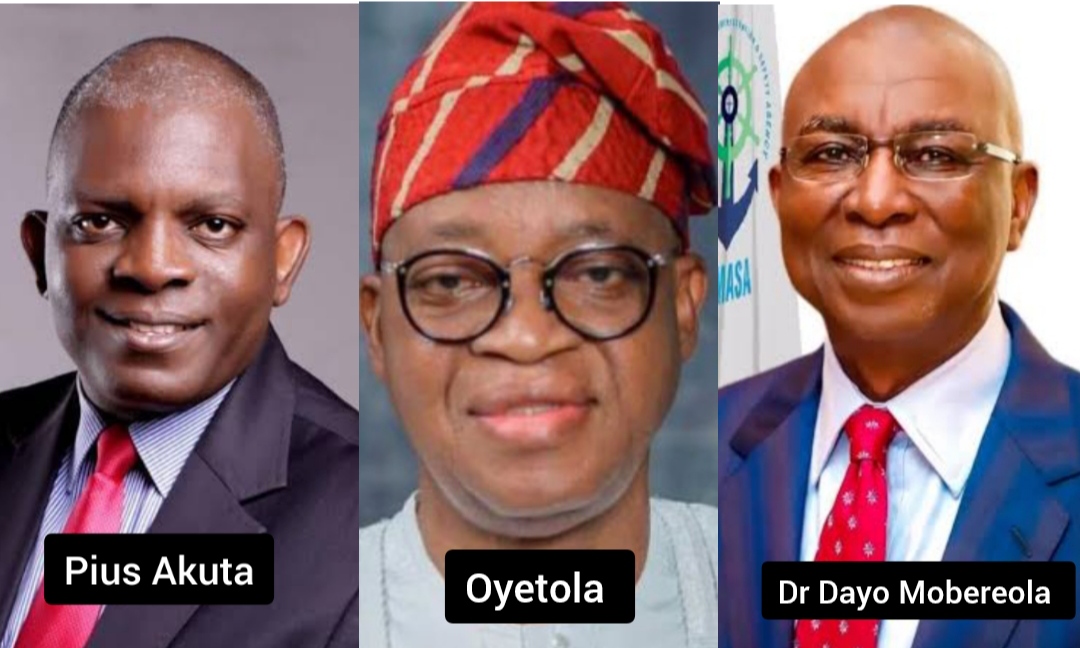Auto Policy: A Food For Thoughts
Policy not having a legal backing from the legislature and as such is prone to policy inconsistency, possible jettison/abandonment by the successive administration.
b). Power supply that will add the needed impetus to accelerate cheaper and reasonable assembling and production cost still in epileptic condition if not in a near state of a comatose.
c). Factors that led to the poor performance of the 1973 auto policy are still there unaddressed., e,g. PAN – Kaduna, Range Rover-Ibadan, Volkswagen-Lagos, Styre Motors- Bauchi, ANAMMCO Mercedes- Enugu etc all performed below expected capacity.
d). The service sector has not been convincingly developed, presently Michelin Tyre, Dunlop Tyre, and most of the service parts manufacturing company has since winded up business in Nigeria, while some have closed down on account of epileptic power supply and policy inconsistency.
e). The steel rolling sector is also in a stagnant state of no operations.
f) foreign exchange rates fluctuates almost uncontrollably.
g). There is no existing clearly defined road map towards the implementation of the Policy, in is graduating phases.
h). With regards to the principle of demand and supply , the consuming public are yet to be provided with an alternative before placing a seeming ban on second hand vehicles, as the so called Assemblers are yet to assemble enough to match the market demand.
Looking at the impending hardship this policy is likely to inflict on the suffering Masses, it is pertinent to reiterate that ” the concentration of Nigeria’s vast oil wealth in the hands of a small group of wealthy Nigerians has made income distribution among the most unequal in the world, it has been noted that at least less than 200 Nigerians are U.S dollar billionaires”.
In addition to this, ” the remarkable statistics has been the death of middle class dating from the collapse of the last oil boom in 1980’s. It has largely been replaced by the so called respected poor: educated, white collar Nigerians without the means to maintain a “middle class” standard of living”.
” Poverty is so pervasive in the country, to the extend that the report from the Nigeria Living Standard Survey (NLSS) in 2004, shows that they lowered their metric for poverty ( poverty line) to per capital income of twenty six thousand Naira, approximately two hundred U.S dollar ($200) per day for measuring poverty in the developing world. Over 54.2% if the population lived below the revised poverty line. 90% of the population would likely have been counted as poor”.
“A world Bank income statistics shows a similar story: Nigeria’s gross domestic product (GDP) per capital not only is much lower than the average in sub Saharan Africa but also has decreased substantially below what it was in 1970.”
UNESCO noted on its poverty report in Nigeria quoted in Daily Champion of , January 27, 2010, that, 92% of the population was living on less than two dollars ($2) a day 71% was living on less than one dollar $1. a day.
“Recall that in at a diplomatic dinner in 2004, the Finance Minister under the former president, Olusegun Obasanjo, made a spirited defense of Obasanjo’s trade bans and other retrogressive trade and investment policies even though they ran ran counter to the spirit of her own reform efforts..”
Vice president Goodluck Jonathan publicly acknowledged the realities of the performance of economic reform in May 12, 2008, in his word:
“ it is important to emphasis that the performance of the Nigerian economy in the past four or more years has been remarkable, with a stable macro- economic environment and growth rate averaging 6.3 % …. However, it is obvious that the associated benefits of growth were yet to trickle down to a large segment of our people… The challenges of poverty, growing inequality, coupled with increasing graduate unemployment remain worrisome…we cannot over flog the issues of infrastructure deficit that continue to becloud our investment climate”
 The irreconcilable questions here will be; With what Population census or indices or at what point or parameters or what measurable data and ratio did the Government deploy to arrives at it policy formulation to the extent of reasoning that Nigerians have no need to buy cars with money rather it will flag off a collaborative products with the own cars of their choice and pay back over a stipulated time on installment basis?
The irreconcilable questions here will be; With what Population census or indices or at what point or parameters or what measurable data and ratio did the Government deploy to arrives at it policy formulation to the extent of reasoning that Nigerians have no need to buy cars with money rather it will flag off a collaborative products with the own cars of their choice and pay back over a stipulated time on installment basis?
Stretching it further, “according to former World Bank President, Paul Wolfowitz, at least $100 billion of the $600 billion of oil revenue accrued since 1960 has simply ‘gone missing’. Former Nigeria anti corruption czar Nuhu Ribadu claimed that in 2003, 70% of the Country’s oil wealth was stolen or wasted; by 2005 it was only 40%. By most conservative estimates, almost $130billion was lot in Capital Flight between 1970 and 1996”.
“‘Over the period 1965 – 2004, the per capital income fell from $250 to $212 while income distribution deteriorated markedly. Between 1970 and 2000 the number of people subsisting on less than one dollar a day on Nigeria grew from 36% to more than 70%, from 19 Million to a staggering 90 million”.
“Over the last decade GDP in Purchasing Power Parity (PPP) terms fell 40% from $1,215 in 1980 to $706 in 2000. Income poverty rose from 28.1 % to 65.5% and other indicators of welfare – notably access to education and health also declined. According to United Nation Development Program, Nigeria ranks in terms of the Human Development index – a composite measure of life expectancy, income and educational attainment, scoring number 158 below Haiti and Congo”.
“Nigerian populace are at a cross road, contemplating if they will be alive to enjoy the dividend of transformation policy thrust and not in dying state of starvation.
The question in the lips of the masses remains: What is our present true Population census Figure? What is the Population figure for the unemployed? What is our National Work force? What figure of the Nationl Populaion represent the self employed Nigerians? What is our present earning per income? Is our welfare and feelings considered in this policy formulation? Are we really carried along in this policy formulation, Viz a viz what population figure can comfortably boost of earning and saving money in the bank? At any case, what population figure actually has a savings account with the bank? Has the government tackled corruption headlong or is it a mere statement? Do our government have what it takes to regulate the investors or is it the political phrase of: “amala politics” stuff?
Policy such as Auto which serves as a tool for convenient movement from one point to the other must be nurtured and birthed with consideration to the national census figure and with serious survey and especial research, and not one borne out of political administrative convenience.
Government should tell Nigerians Why did the following auto plants, namely: Volkswagen, Peugeot, Styre, Mercedes, Land Rover, etc failed under the 1973 auto policy, in spite of the import duty waiver and concession deployed into the project not withstanding the level of government patronage.
What was their employment capacity then?
In comparison to the massive import duty waiver and concessions granted to the car dealers, what is the economic contribution of Car dealers to the growth of our economy and what is their employment capacity?
How many Nigerians actually patronized this auto plants and dealer then?.
Finally is this Auto policy masses-driven or middle class-driven or private sector driven?
“Ideally, the government will prefers that Nigerians Companies be the ones that creates job and profits for
Nigeria itself and lower the pulse rate of national security officials who worry about cutoffs by foreign companies that might be persuaded for economic or political reasons, to ship their product to our country or not to ship it at all. As a result the government lobbies intensively for foreign business partnership under the disguise of undigested and non properly valued Foreign Direct Investment- FDI venture”.
” Instructively, it is important to reinstate that, if investment drives are based on purely on profit motives, it leads to unethical behaviors, mostly so in a foreign firm dominated private sector economic activities and environment. In this regards, serious be concerted efforts must be made towards ensuring that both national and foreign investors do not only shun bribery but that they genuinely care about the communities and states they operate in”.
” It may be true that, government tasks are accomplished behind the scenes and prepare itself against any opposing voice, however, it is worthy to note that, a new National order can only emerge where the governed are valued and the rule of law supplants the rule of the Jungle”








